
What are the proper methods for treating kidney diseases?
Kidneys are organs responsible for taking waste products from the blood. They also play an important role in regulation of blood pressure, electrolyte balance and production of blood cells in body. Symptoms of kidney diseases and failures , which are mostly due to presence of waste products in blood or excessive fluid in body, can be in form of fatigue, difficult breathing, narcosis, swelling and dizziness. Any failure in removing potassium from bloodstream can lead to abnormal heart rhythm and sudden death. One should note that, in the initial steps, renal failure may not cause any symptoms but once it is diagnosed, it can be treated with specific solutions due to the progression of the disease.
Your doctor would ask about your personal and family history, as the very first step in diagnosing kidney disease. Among these questions, you would be asked about your blood pressure, medications you take which can particularly affect kidneys performance, or any changes in your urine, so that the best treatment can be suggested for your problem.
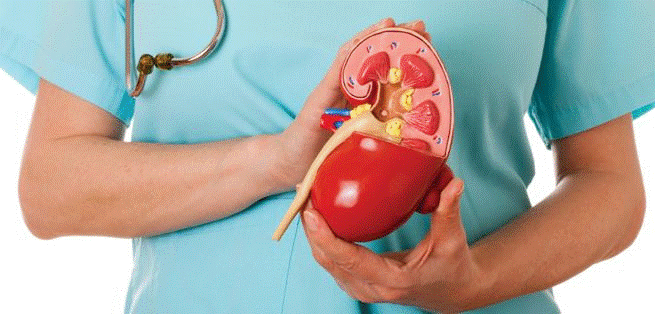
Kidney disease diagnosis and treatment
There are various causes for renal failure and treating the main causes can be the very first step in treating kidney diseases, itself. Some of these causes are treatable and kidneys can get back to their normal condition. Unfortunately, in other circumstances renal failure may be progressive or irreversible. Diagnosis of renal failure is possible through blood tests to measure BUN, creatinine and glomerular filtration (GFR).
Treating the main causes of renal failure can help kidneys to get back to their normal condition. Lifetime efforts to control blood pressure and diabetes are among the best ways to prevent kidney diseases and their progression to chronic conditions. Over time, kidneys functionality will decrease gradually. If kidneys completely stop working then the only available option for treating them would be dialysis or transplantation.
Different method for treating kidney diseases
You can choose one of these three available treatment methods for filtering your blood and cover only a little part of duties that damaged kidneys cannot perform. The fourth option, care without replacement, does kidney’s function. Although none of these treatments can help you to treat kidney disease, but they all can help you to feel better.
Hemodialysis:
In this method, an equipment is used to transfer blood out of body through a filter so that waste products can be removed.
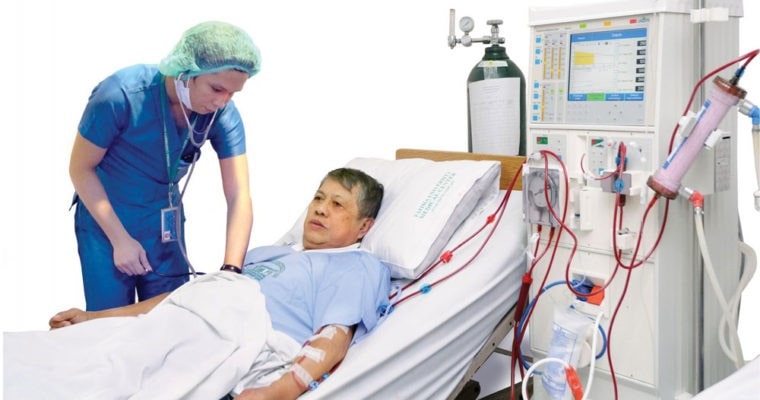
Peritoneal dialysis:
In this method the patient’s abdomen is used for filtering blood inside the body and removing waste products.
Kidney transplant:
This is done by surgery through which kidney of another individual or someone who has been dead recently is put in your body to filter the blood.
Conservative management:
Through this method, one can treat renal failure without dialysis or transplant. To manage symptoms and preserve kidneys functionality as well as your life quality, you need to consult with an expert doctor and have collaboration with him as long as possible. Living with renal failure is a challenge and if you pay attention to your treatment plan, kidneys can work properly.
Each time you visit your doctor, Show him your drugs and medications. You are the only one who knows how your body responds to any of these medications and how the kidney disease treatment is progressing. This is really important to inform your doctor about medications you are talking. Also try to follow a special diet.
Summary:
The main treatments for kidney diseases are a good diet, medication, dialysis, transplantation and conservative care. In the early stages of kidney disease, diet and medication can help you to maintain the critical balance of body, but when kidneys performance get reduce to 10 to 15 percent of its normal functionality, then diet and medications would not be enough and individual needs dialysis or kidney transplant.


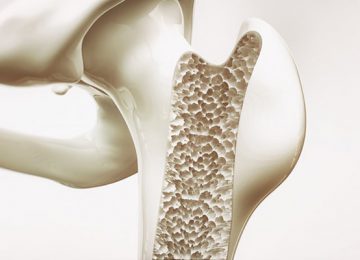


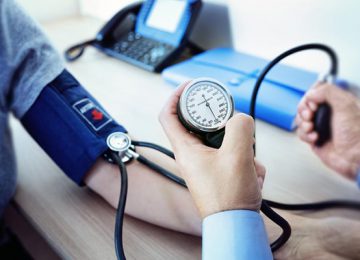
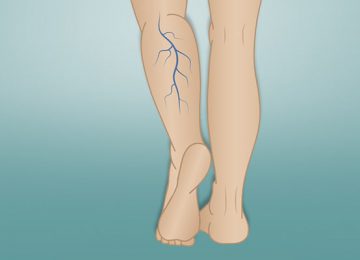




Reviews
Number of pending reviews15197